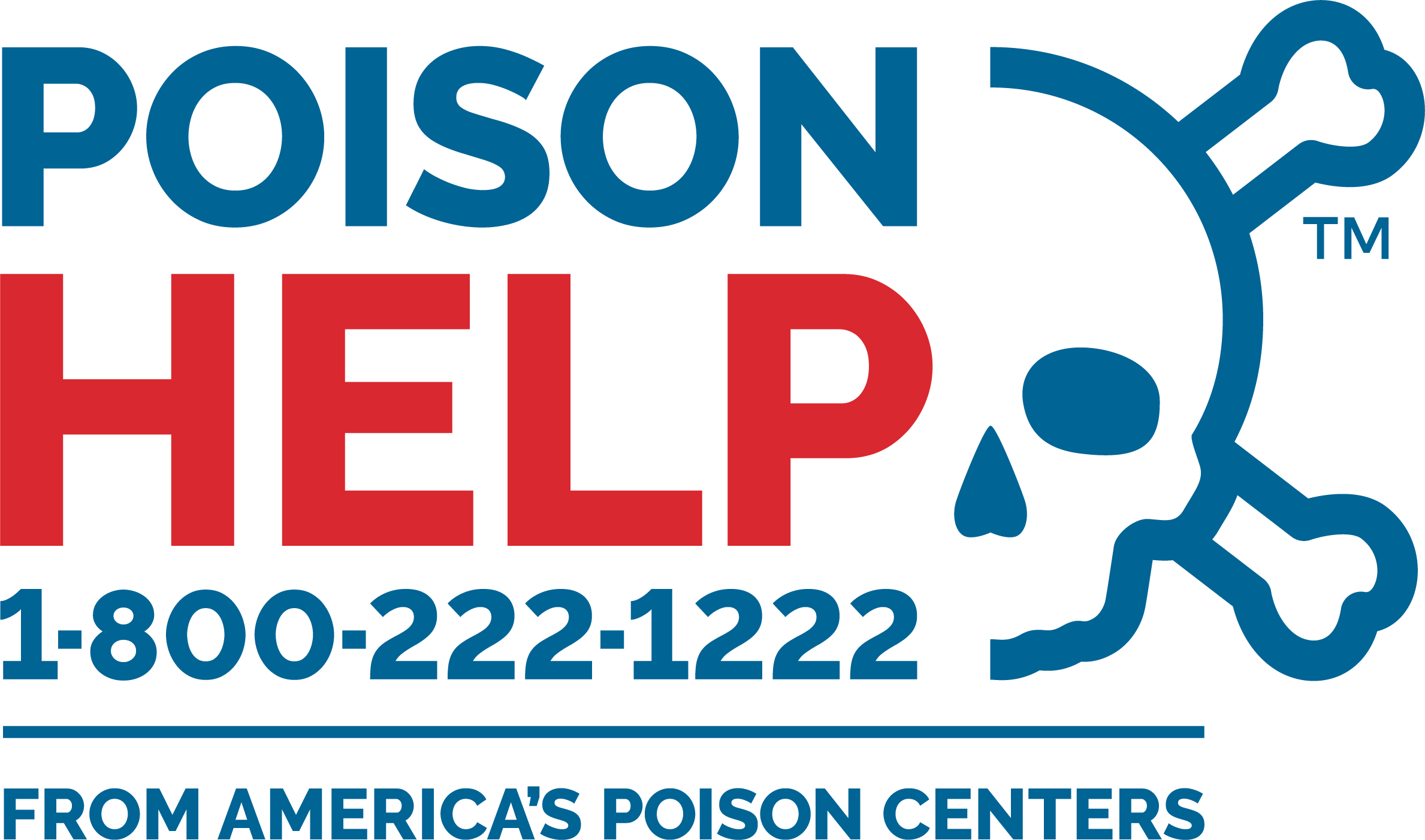Lead Poisoning
[su_youtube url=”https://youtu.be/pxiecS-FgkM”] [su_expand more_text=”Show More”] Lead poisoning is a disease caused most often by eating lead paint chips or breathing or eating lead dust. Lead is especially harmful to infants and children aged 6 years and younger because their small bodies absorb lead more easily. Lead poisoning can slow a child’s development and cause learning and behavior problems. Small amounts of lead can also damage a child’s brain, kidney and stomach. Some Possible Sources of Lead:
Some Possible Sources of Lead:
- Peeling or chipping paint in homes built before 1978
- Dust from sanding or removing old paint and wallpaper
- Contaminated soil from a nearby industry that uses lead
- Soil around an older home that has chipping outside paint
- Contaminated clothing from working in a lead industry or with lead products
- Old lead pipes
- Some imported pottery, candies, canned foods and mini-blinds
- Lead glazed ceramic, china and leaded crystal glassware
- Inexpensive costume jewelry
Tips to Prevent Lead Poisoning:
- Clean up chipping or peeling paint from inside and outside your home
- Clean up paint chips and lead dust on window sills and on the floor near windows, doorways and woodwork by using a damp mop or cloth and a special lead cleaning product
- Have paint checked by an environmentalist if you are remodeling a home built before 1978
- Shower and change clothes before going home after working with lead on your job or hobby
- Store and wash work clothes separately
- Wash children’s toys often
- Throw away lead-painted toys or clothes
- Never store food in open cans or pottery
- Buy pottery with lead-free glazes
- Wash children’s hands before they eat
- Eat foods high in iron and calcium which can help to remove lead from the body easier
- Run cold water for a few minutes before using it for cooking or drinking
- Call the GPC for more information (1-800-222-1222)
Even children who appear healthy may have high levels of lead. The only way to know for sure if your child has been exposed to lead is with a simple blood test. If too much lead is in the body, your child may need treatment. To find out how to have your child tested, contact your pediatrician or local health department. [/su_expand]
